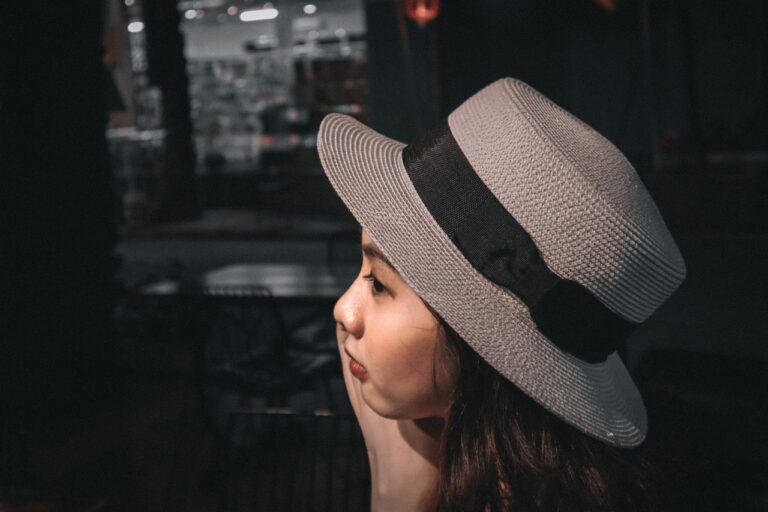Strategies for Boutique Fashion Brands to Adapt to Changing Demographics: Laser book 247 login password, Lotus299, 11xplay pro
laser book 247 login password, lotus299, 11xplay pro: As the fashion industry continues to evolve, boutique fashion brands must adapt to changing demographics to stay relevant and successful. With consumer preferences shifting and new trends emerging, it’s crucial for boutique fashion brands to develop strategies that cater to a diverse customer base. In this article, we’ll explore some effective strategies for boutique fashion brands to adjust to changing demographics.
Understanding the Changing Demographics
Before diving into specific strategies, it’s essential for boutique fashion brands to understand the changing demographics of their target market. Demographic shifts can include changes in age, gender, ethnicity, income levels, and more. By keeping abreast of these changes, brands can better tailor their products and marketing efforts to meet the needs and preferences of their customers.
1. Conduct Market Research
One of the first steps in adapting to changing demographics is conducting thorough market research. This includes analyzing demographic data, consumer behavior patterns, and competitor analysis. By understanding who your customers are and what they want, boutique fashion brands can create targeted marketing campaigns and product offerings that resonate with their audience.
2. Embrace Inclusivity
With demographics becoming increasingly diverse, boutique fashion brands can benefit from embracing inclusivity in their marketing and product development. This means representing a wide range of ethnicities, body types, and genders in their advertising campaigns and offering a variety of sizes and styles to cater to a broader customer base.
3. Collaborate with Influencers
Influencer marketing has become a powerful tool for reaching new demographics and engaging with younger consumers. Boutique fashion brands can collaborate with influencers who resonate with their target audience to promote their products and increase brand awareness.
4. Customize the Shopping Experience
Personalization is key to adapting to changing demographics. Boutique fashion brands can offer customized shopping experiences, such as personalized styling services, recommendations based on past purchases, and exclusive discounts for loyal customers. By making customers feel special and valued, brands can foster lasting relationships and increase customer loyalty.
5. Expand Product Offerings
To appeal to a wider range of demographics, boutique fashion brands can expand their product offerings to include a variety of styles, sizes, and price points. This can include introducing new collections inspired by different cultures, collaborating with designers from diverse backgrounds, and offering sustainable and eco-friendly options for environmentally-conscious consumers.
6. Invest in E-commerce
As online shopping continues to grow in popularity, boutique fashion brands must invest in e-commerce to reach a broader demographic. By creating a user-friendly website, optimizing for mobile devices, and offering convenient payment options, brands can attract customers from different age groups and regions.
FAQs
Q: How can boutique fashion brands stay relevant in a competitive market?
A: Boutique fashion brands can stay relevant by staying on top of industry trends, engaging with their customers on social media, and offering unique and high-quality products that set them apart from their competitors.
Q: What role does social media play in reaching new demographics?
A: Social media is a powerful tool for boutique fashion brands to reach new demographics, engage with their audience, and showcase their products. By leveraging platforms like Instagram, Facebook, and TikTok, brands can increase brand awareness and attract a diverse customer base.
Q: How important is sustainability in adapting to changing demographics?
A: Sustainability is becoming increasingly important to consumers of all demographics. Boutique fashion brands that prioritize ethical and eco-friendly practices can attract environmentally-conscious customers and build a positive brand image.
In conclusion, boutique fashion brands must be proactive in adapting to changing demographics to remain competitive in the industry. By understanding their target market, embracing inclusivity, collaborating with influencers, personalizing the shopping experience, expanding product offerings, and investing in e-commerce, brands can effectively reach new demographics and drive growth. By staying agile and responsive to consumer preferences, boutique fashion brands can position themselves for long-term success in a rapidly evolving market.







